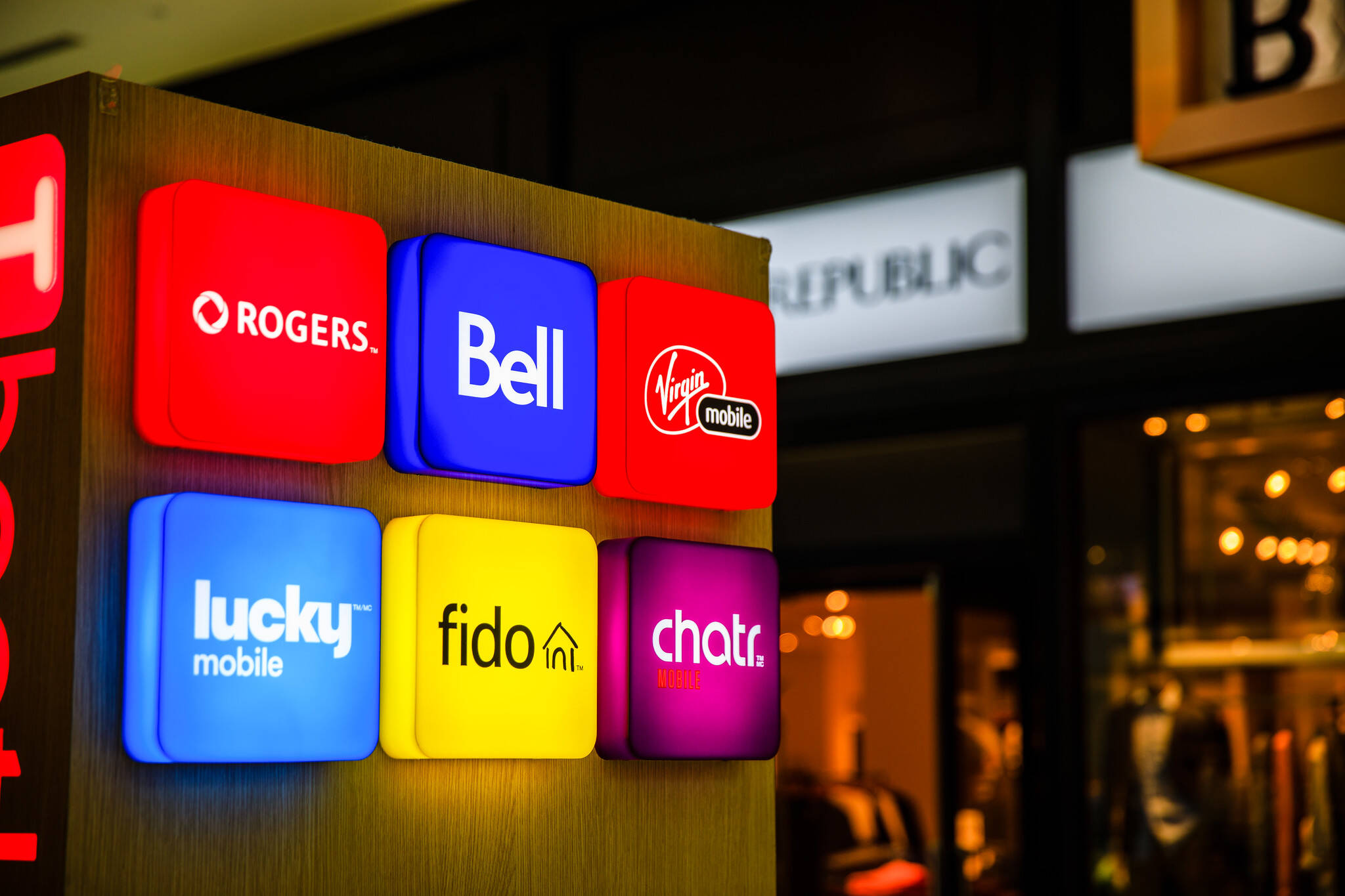
Canada is finally forcing telecoms to crack down on those infuriating spam calls
Did you know that robocalls now account for approximately 25 per cent of all phone calls made on mobile networks in Canada?
That's one in four — one fraudulent call about how you've won a free cruise or need your HVAC system replaced immediately for every three "real" phone calls you might receive.
But I wouldn't know this first-hand, as I stopped answering calls from unknown numbers years ago.
Email, for all of its own spam problems, simply feels more secure (and way less annoying) than the telephone. At least Gmail lets us filter out sources known for their incessant attempts at swindling people out of money.
The whole "millennials hate phone calls" stereotype rings true, in many cases, thanks in large part to this phenomenon — and it's a huge problem for Canadian regulators, who are now mandating that all carriers put systems in place to prevent (or at least minimize) intrusive robocalls.
"Bad actors who have no interest in following the rules have been contributing to an erosion of confidence in the telecommunications system," said CRTC (Canadian Radio-television and Telecommunications Commission) chair Ian Scott in a speech in Toronto on Monday.
"I recently read about a lost mountain hiker who ignored calls from rescuers because he didn't recognize the number. While this happened in Colorado and is an extreme example, the problem is no less prevalent here in Canada."
The spam calls are beyond ridiculous now. They come all hours of the morning and evening. We pay the MOST for wireless services and whatnot here in Canada. Some of that money can't be used to protect our numbers?
— Tammy Soulful (@TammySoulful) November 16, 2021
Scott noted that the CRTC has been working with industry and enforcement partners to tackle the problem using technology — specifically something called STIR/SHAKEN.
STIR/SHAKEN uses digital certificates based on cryptography techniques to effectively block calls from phone numbers that have been spoofed (read: deliberately falsified to appear as legit on a user's caller ID.)
The CRTC has been working since 2018 to make this technology mandatory for Canadian telecommunications providers such as Rogers, Bell and Telus, but to no avail.
After many delays and extensions, the regulatory body announced in June of this year that telecoms would finally need to implement authentication measures based on STIR/SHAKEN starting at the end of November.
"On November 30, STIR/SHAKEN technology will become a mandatory condition of service for telecommunications service providers," said Scott to attendees of the Canadian Telecom Summit on Monday.
"The technology, as I'm sure you know, will enable service providers to confirm whether a caller's identity can be trusted by authenticating and verifying the caller ID information for Internet Protocol-based voice calls. In turn, the framework will empower Canadians to determine which calls are legitimate and worth answering, and which need to be treated with caution."
OMG this can't happen fast enough, 12 spam calls today. The one I answered was an automated message from "Serice Canada." Expecting the police at my door any moment 🙄 @CRTCeng https://t.co/63MiPZBjNv
— Gail F 🐄🇨🇦 (@Cowgirl999) November 15, 2021
Scott made clear that the telecoms themselves, not their customers, should pay all costs associated with upgrading their networks to meet these new robocall regulations.
"I have an expectation that they will not place the burden on consumers to pay for such protection," he said of the oligopoly. "This is not a profit opportunity, but an opportunity to engage with and support customers, and to build their confidence in your ability to serve."
Service providers are also required to either provide their subscribers with the ability to filter calls, or to implement some sort of call-blocking system on their behalf.
Bell Canada has been testing an AI-based technology meant to block robocalls for two years now, according to Scott, and has been able to block more than 1.1 billion spoof calls since July of 2020 alone.
"Most people likely perceive spoofed calls as a nuisance. The truth is, they're more than that," said Scott of the problem. "They're gateways for criminals to dupe hard-working people out of their money and their sensitive data. And they're relentless."
It'll be interesting to see how many fewer spam calls we all receive following Nov. 30, and if the Big 3 will actually stop itself from passing associated costs on to consumers.
Because if there's any one group interesting in squeezing Canadians out of their cash, it's our country's notoriously insular telecommunications industry.
Latest Videos
Latest Videos
Join the conversation Load comments







